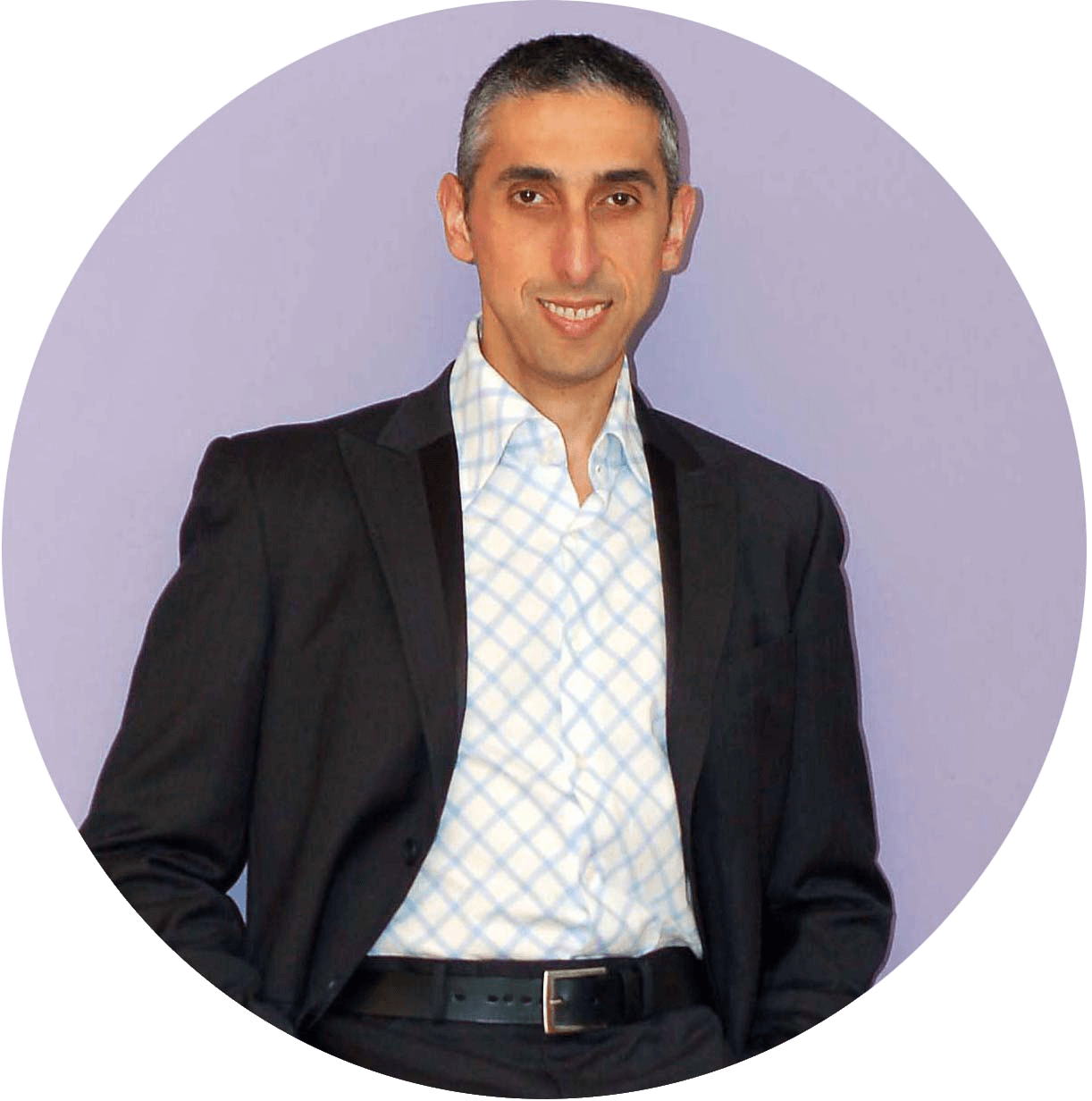Hidden Problems
“The plain fact is that the planet does not need more successful people. But it does desperately need more peacemakers, healers, restorers, storytellers, and lovers of every kind. It needs people who live well in their places. It needs people of moral courage willing to join the fight to make the world habitable and humane. And these qualities have little to do with success as we have defined it.” — David W. Orr, Ecological Literacy
Everywhere you look nowadays there are entrepreneurs, start-ups and successful people rising from obscurity to outlandish success.
Judging from the title, you would be forgiven for thinking I’m proposing there’s no place for successful people in the world. But that is not my intention.
The point I wish to underscore is the view of promoting the peacemakers, healers, the storytellers and the socially responsible.
This is about considering whether an alternative definition of success is possible and sustainable in the coming decades.
Lama Surya Das says in The Big Questions: How to Find Your Own Answers to Life’s Essential Mysteries: “Mahatma Gandhi said that this world has enough resources for everyone’s need, but not for everyone’s greed.”
In a rising globalisation and consumption obsessed world, most people are concerned with the next smartphone device. So much so, that the anticipation builds for months before the release of the product.
Scroll through an Android or Apple store and you are inundated with millions of apps to choose from. At the time of writing this, there are between 2.2 to 2.8 million apps available.
So it begs the question: Do we need that many apps?
Do we need more start-ups or products claiming to make our lives easier?
Many of these services are forced onto consumers and marketed in such a way as to convince people of the need for them.
It was author Chuck Palahniuk who wrote in Fight Club: “We buy things we don’t need with money we don’t have to impress people we don’t like.”
Apps and services that claim to make life easier come with hidden problems that impose on our freedom.
Take for example online dating, which has allowed people to choose from a wider pool of prospective suitors. However, whilst it has liberated modern-day dating, it has brought with it downsides such as people content to play the field, inauthentic connections, loneliness and sometimes isolation.
Todd Kashdan and Robert Biswas-Diener states in The Upside of Your Dark Side: Why Being Your Whole Self–Not Just Your “Good” Self–Drives Success and Fulfillment: “A faster pace of life is also related to lower rates of achievement and money saving. The more convenient everything is, the less likely people are to engage in troublesome self-control.”
When I read about start-ups that claim their product is an essential offering, I remind myself they haven’t carefully examined the implications until it stops functioning as intended.
Avoiding Pain
“What can educators do to foster real intelligence? We can attempt to teach the things that one might imagine the earth would teach us: silence, humility, holiness, connectedness, courtesy, beauty, celebration, giving, restoration, obligation, and wildness.” — David W. Orr
So if the world doesn’t need more successful people, what does it need?
Success is a narrow-minded term defined by society. If you don’t abide by its definition you are considered unsuccessful.
Beyond that description, material wealth is judged as the pinnacle of success.
Scroll through the question-and-answer site Quora on any day, and you are flooded with questions like:
How do I become a billionaire?
What is the secret of being a billionaire that most people don’t know?
What does it feel like to be rich?
Admittedly, they are posted by a younger demographic who consider billionaire status to be the elixir to happiness. Little do they know, wealth and fame do not equate to happiness if their intentions are self-centred and hedonistic.
“The truth is that you can create success in the material world by working hard and being smart, which I did! But if you’re not authentic within that success, the experience will be unsatisfying,” states Colette Baron Reid in Uncharted: The Journey Through Uncertainty to Infinite Possibility.
At the time of writing this, a popular female artist has released her latest single with over 250 million views on YouTube and rising.
Yet, a search on environmental issues or those confronting humanity is unlikely to gain a 10th of those views.
Sure I get it, issues like these are not sexy topics. We defer our attention from what is important and focus on what entertains us.
Known as the psychological pain-pleasure principle, it is defined as the instinctual seeking of pleasure and avoiding of pain to satisfy biological and psychological needs.
We avoid pain and focus our attention on the pleasures of the day while the pain intensifies, the longer we ignore it.
Lama Surya Das explains: “A Tibetan lama once told me that the main problem with worldly people is that they are constantly seeking happiness and fulfillment outside themselves, where it cannot be found.”
There must come a point where we can no longer ignore the important issues. The world cries out for people to influence humanity in the slightest way. The scariest part is: no one is listening.
Most people prefer the self-indulgence of music, television, celebrity scandals and gossip while the real issues slip through our fingers.
What can we do to get our attention?
Have we become so sensory overloaded that we fail to notice the slightest human suffering?
Success Is Near Reaching
“Our experience of the world is being impoverished to the extent that it is being rendered artificial and pre-packaged.” — David W. Orr
I cringe when people say their product or service will change the world. To my knowledge, there’s been notable individuals in the last two centuries who have delivered on that promise, but not as many as we’d like to believe.
I remind them, the world doesn’t need changing, that each person needs to change themselves first to affect the lives of those around them.
“We are the ones who will create the vision and bring into being the world we seek. And we have to do this individually as well as with each other. The more authentic and real you’re willing to become, the more you have the power to co-create a much better world not just for you but for all of us,” affirms Colette Baron Reid.
The world will not be saved by the promise of more apps or services to make people’s lives easier, since easier does not translate to a more fulfilling life.
The real work in the decades to come will come from our personal growth if we are to sustain humanity, not simply line our pockets or raise more capital to be the next Uber.
Author Jan Frazier explains in The Freedom of Being: At Ease with What Is: “If you want to lead a more peaceful life, the primary focus should shift from external events to the inner, as a general practice.”
The defined standard of success sustains people living in developed countries, but does nothing to enrich the lives of those in underdeveloped nations.
Cultivating your personal growth has the potential to affect others. The late Dr David Hawkins, a renowned psychiatrist and consciousness researcher showed a change in awareness from the level of Force to Power has the capacity to impact humanity on a global scale.
The message is simple: we must nurture our personal development foremost instead of being driven by success alone. Your success is near reaching and affects a smaller population compared to humanitarian efforts which have an international reach.
Sustainable farming, clean water, accommodation, helping children, community efforts, disease prevention, reducing crime, global warming and refugee crisis. These are the major threats to non-industrialised countries that will be a burden on the people of tomorrow.
The next generation will inherit our disasters if we don’t dedicate our time and financial resources to these movements.
“People from Asian cultures are often referred to as collectivists, because their basic social unit is the group rather than the individual. Collectivists are more likely to put their desires on hold if that contributes to the larger good of the group. Collectivists are more likely to want to fit in than to be unique,” state authors Todd Kashdan and Robert Biswas-Diener.
It is this collectivist idea we must harness if we are to create a world worth passing on to the generation of tomorrow.
If we continue to rape and pillage our planet at the current rate, our economies and environment we will be nothing more than a hostile and uninhabitable place.

Are You Ready to Transform Your Life with Confidence?
Are you ready to transform your life and unlock your potential? Start your journey with me today! My Life Coaching Program has empowered many to achieve lasting change. Schedule your FREE 30-minute consultation now and take the first step towards a brighter, more confident you.
Tony Fahkry
Expert Life Coach














